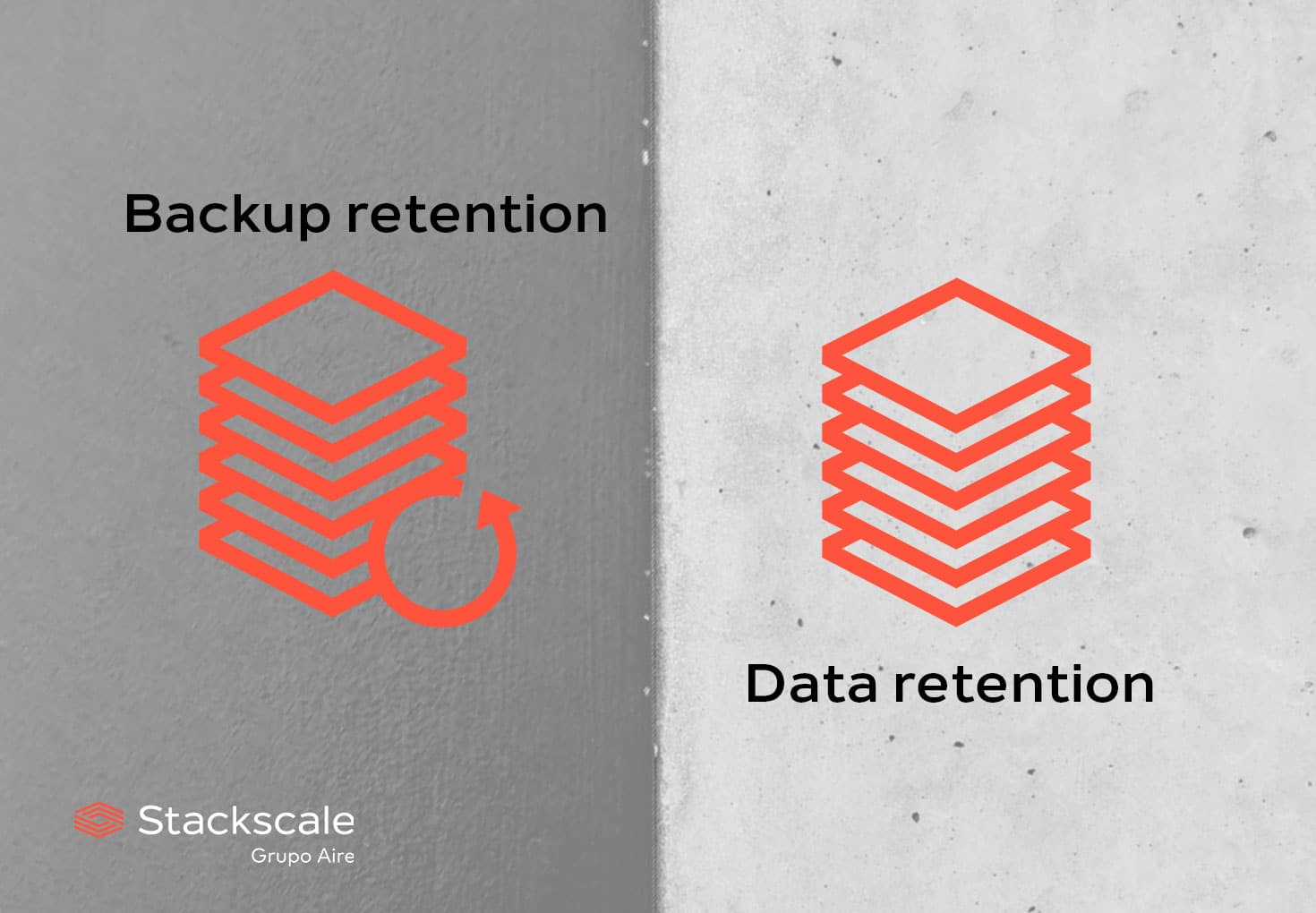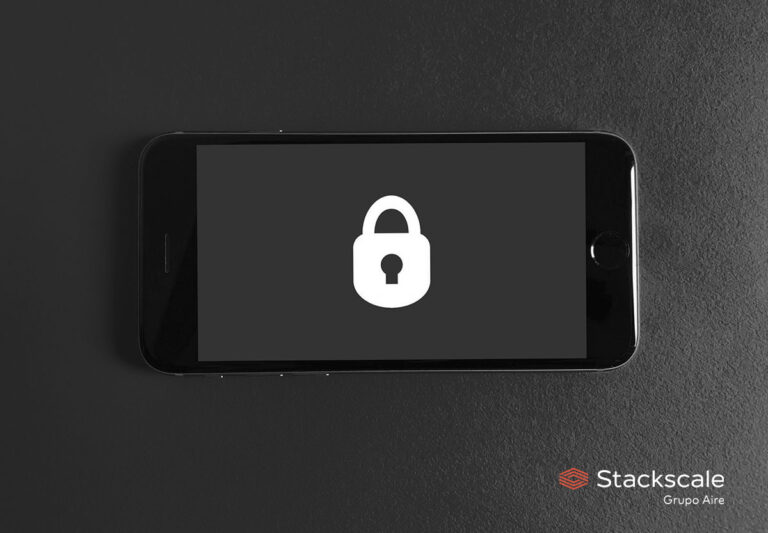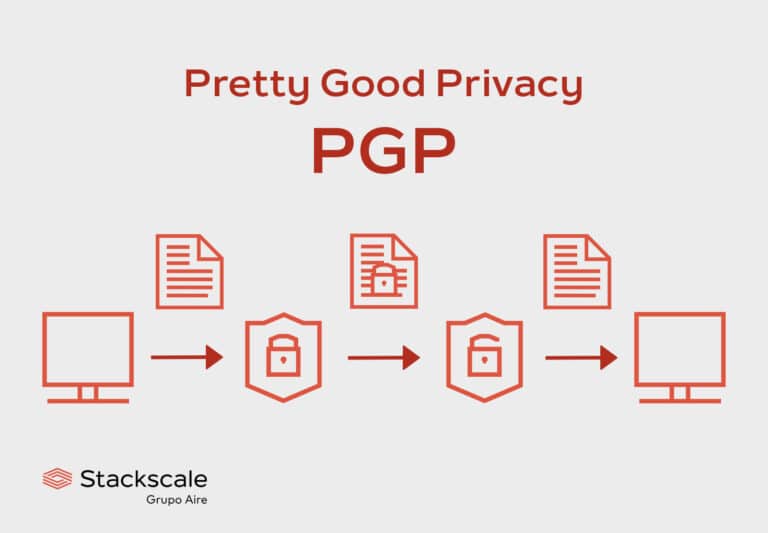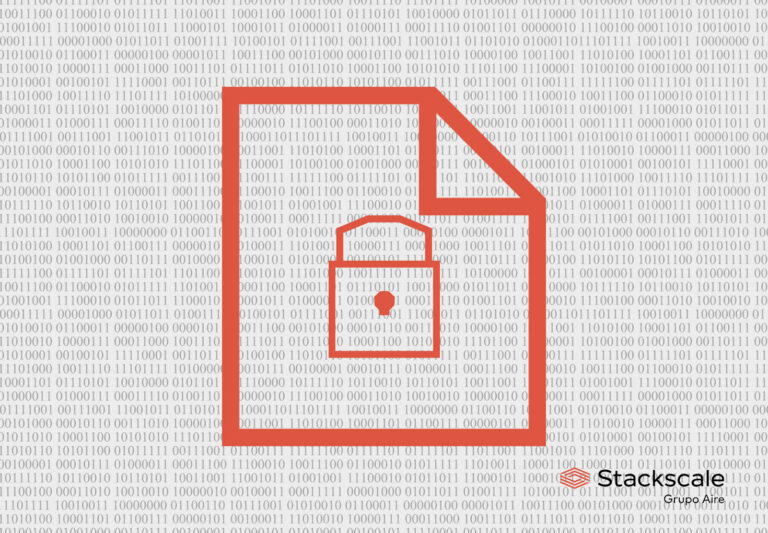Both backup and data retention are types of data preservation, but they do so for different purposes. While backup retention focuses on storing data for recovery in case of data corruption, system failures or other contingencies, data retention focuses on preserving data during a specific period of time in order to meet particular business or legal requirements.
What is the difference between backup and data retention?
Backup retention and data retention get often mixed up, leading to overspending money on primary storage and backups. Although both backup and data retention aim at data preservation, they should be approached differently in order to optimize costs and operations.
Backup retention
On the one hand, backup retention refers to the storage of a specific number of recent copies of data in order to enable data recovery and restoration in case it is erased, corrupted or simply unavailable for any reason.
As such, a backup infrastructure is intended to restore the most recent copies of data. Therefore, organizations do not usually need to access backups which are older than a few days to resume operations.
Data retention
On the other hand, data retention refers to the storage of data for a given period of time in order to meet specific requirements, such as regulatory compliance or business continuity.
A proper data management strategy requires moving data from the primary storage to an archive storage after a specific period of time in order to reduce production storage costs and simplify backup operations.
Secure and redundant storage is essential for backing up and retaining data. However, data retention requires storage that is specifically designed for archival in order to ensure cost-efficiency. Since keeping old, unchanging data in production storage (which is frequently backed up) considerably increases the cost and management efforts of the backup infrastructure.
To sum up, it is important not to confuse backup retention with data retention. While the main goal of backup retention is to have recent copies of data to recover it in case of a contingency, the main goal of data retention is to preserve data for a required period of time for corporate governance or regulatory compliance.






